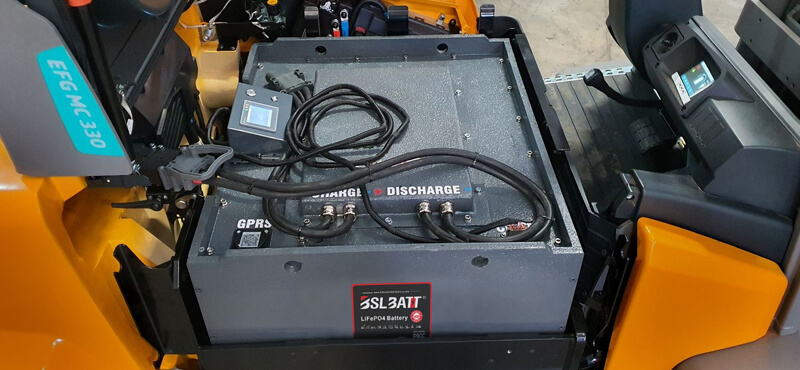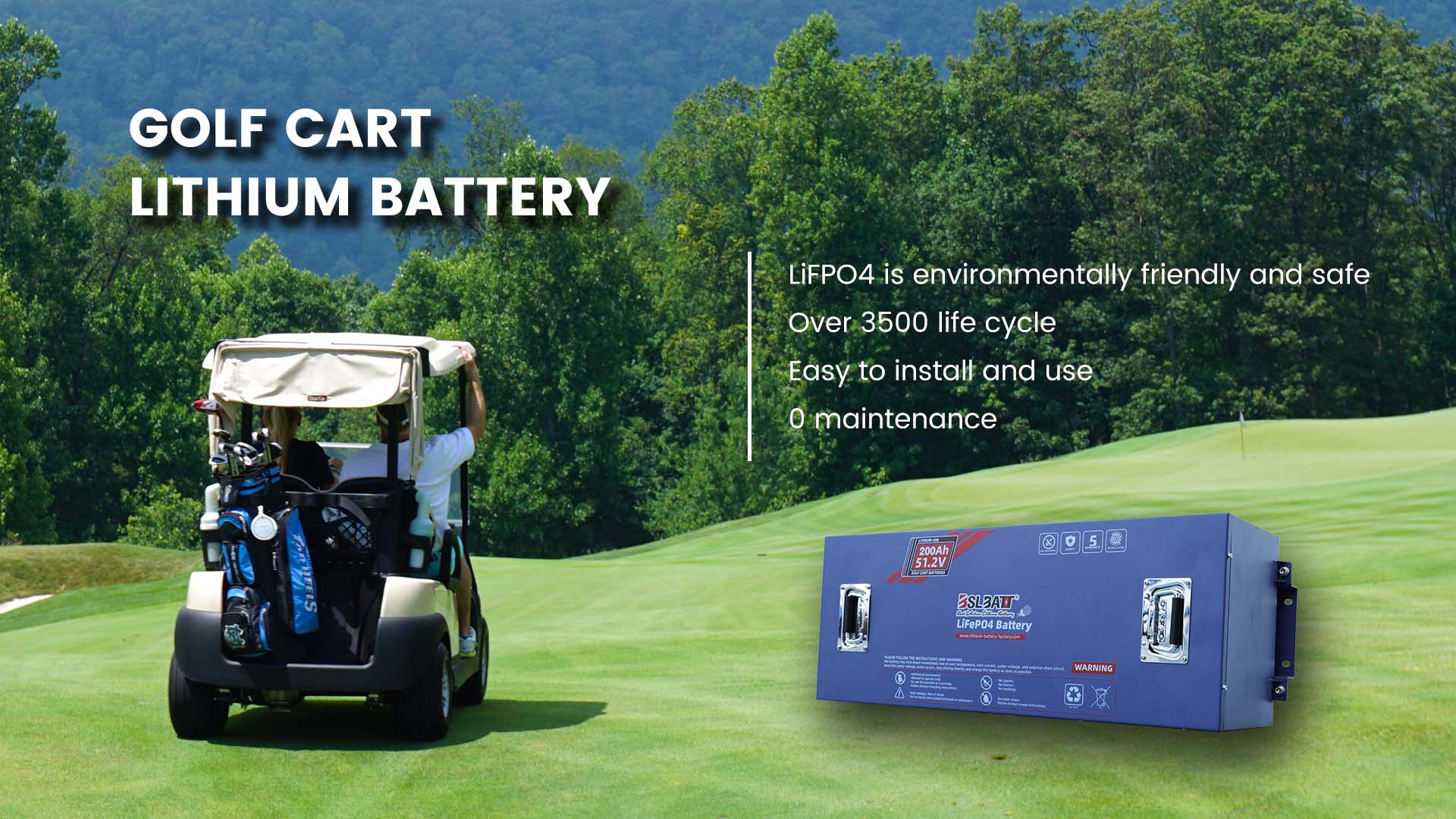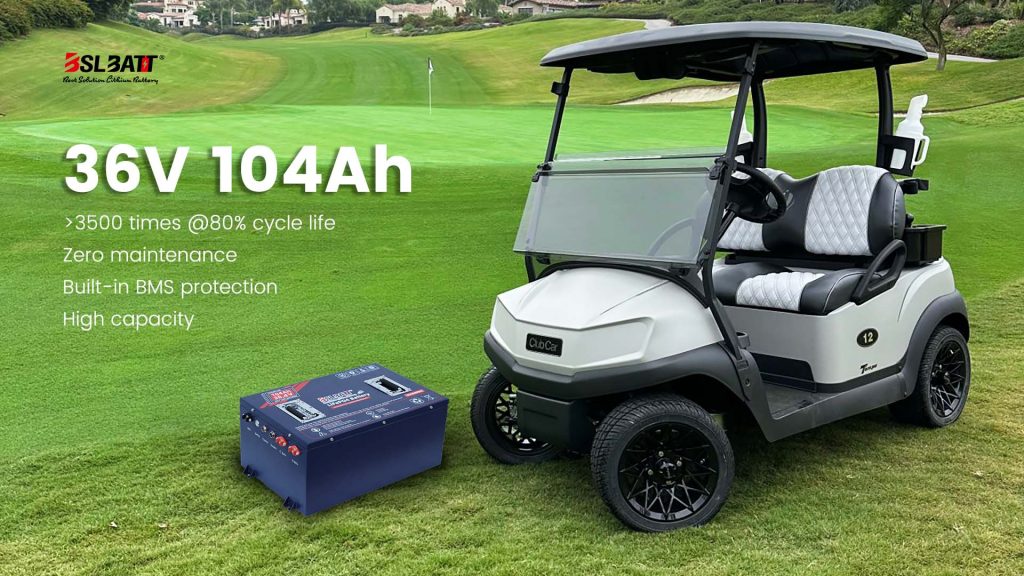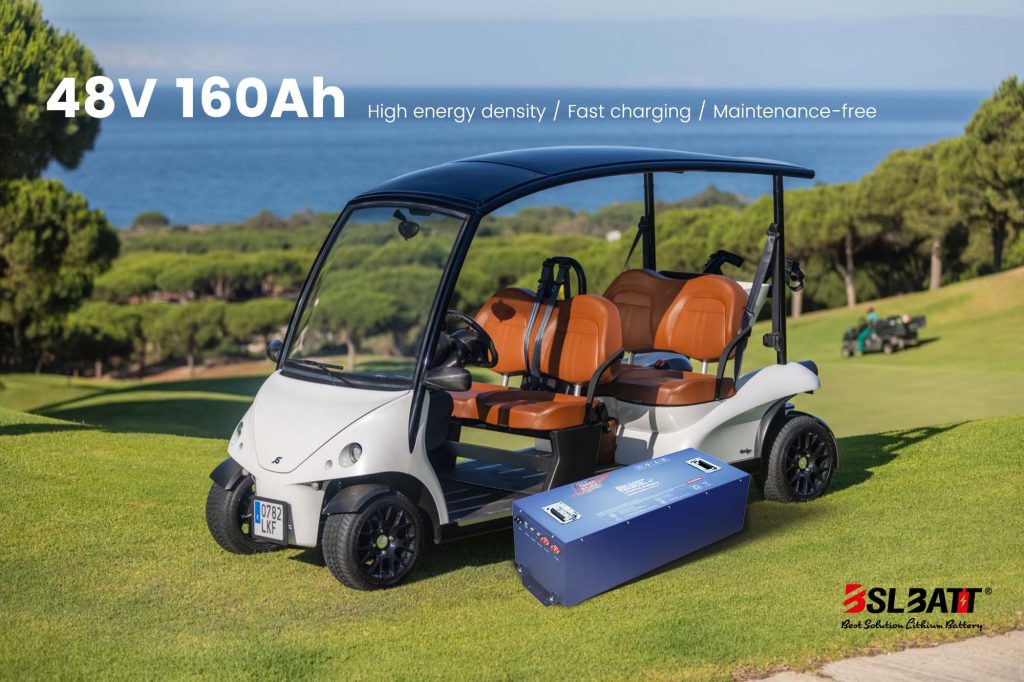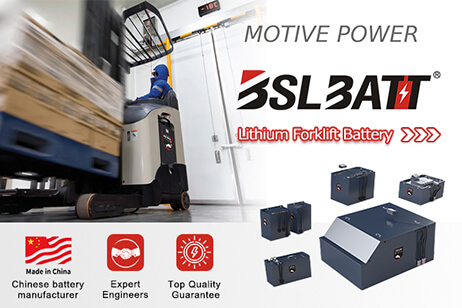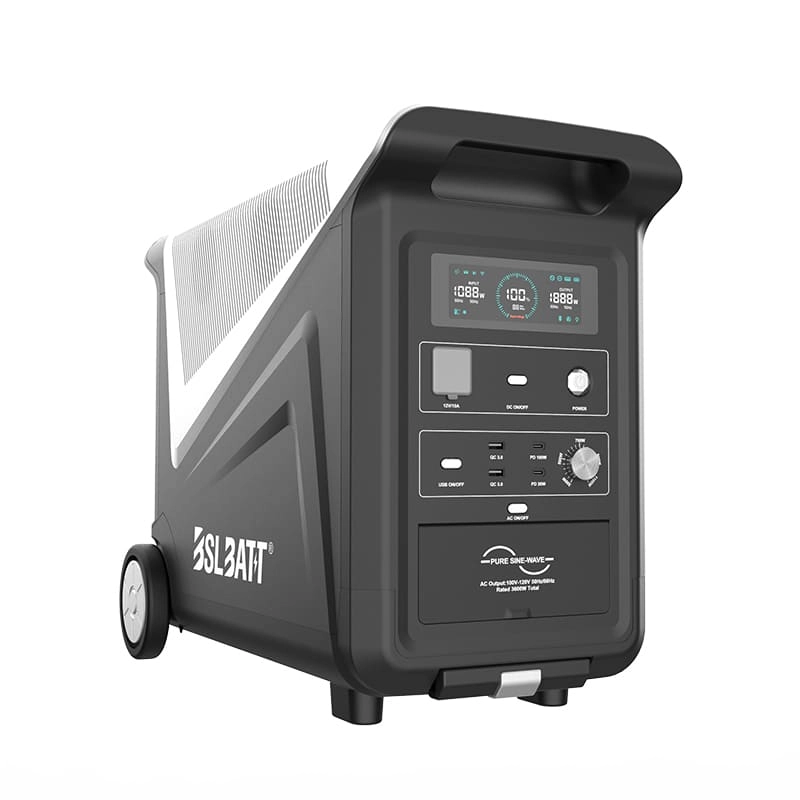Industry Application
Product Type
8 Things You Shouldn’t Do With Li-Ion Batteries
Lithium-ion (Li-ion) batteries have become an indispensable energy source across various industries. Whether they are utilized in the operation of drones, industrial robots, or electric vehicles, Li-ion batteries have gained significant popularity in technologically advanced workplaces. This surge in popularity can be attributed to their extended lifespan, exceptional runtime, and rapid charging capabilities, owing to their high energy density.
Nevertheless, it is imperative to avoid certain actions in order to maintain the safety and efficacy of rechargeable batteries. As you may already be aware, Li-ion batteries can present a range of hazards in the workplace if exposed to extreme heat, humidity, overcharging, or impact damage. To assist you in properly caring for your Li-ion battery cells, we have compiled a list of eight actions that should be avoided, ranging from leaving cells in direct sunlight to disregarding battery charging times.
If you desire to acquire further knowledge regarding lithium-ion battery safety, continue reading to discover what actions should be avoided in your workplace.
Don’t Leave Batteries In The Sun
Lithium-ion batteries must not be stored, operated, or charged in high-temperature environments. It is strongly advised that the optimal temperature for Li-ion batteries is a cool and comfortable 15°C.
Elevated ambient temperatures have the potential to initiate thermal runaway in batteries. This occurs when the heat generated within the cell exceeds the heat dissipated from the battery. Thermal runaway not only leads to the destruction of the lithium-ion battery but also increases the risk of fires or explosions.
To prevent this issue within your organization, it is imperative to ensure that your staff members are trained in the safe handling, charging, and storage of Li-ion batteries. This includes guaranteeing that the batteries are consistently stored in moderate temperatures, devoid of any humidity. Consequently, they should never be left unattended in outdoor areas or exposed to direct sunlight.
Don’t Use Old Batteries
Using old or expired Li-Ion batteries can pose safety risks. These batteries have a limited lifespan and their capacity decreases over time. It’s recommended to replace them with new ones to ensure optimal performance and reliability.
When was the most recent occasion on which you conducted an inspection of your lithium-ion batteries? Similar to any piece of equipment within the workplace, it is imperative to regularly monitor the condition of your batteries to ensure that you are not charging a battery cell that has aged.
If your Li-ion batteries are approaching the end of their lifespan, they can pose hazards within your workplace. Although this type of battery is renowned for its longer lifespan compared to other batteries, such as lead acid batteries, there is a limit to the number of charging and discharging cycles they can safely undergo. If your batteries have been extensively used, it is advisable to establish an inspection and disposal system to remove your aged batteries from daily usage.
Aged batteries are more susceptible to deterioration and damage, which can result in issues such as overheating and battery fires.
Given the increased prevalence of this battery type in both workplaces and households, there are numerous environmentally-friendly recycling options available throughout local. It is recommended that you consult your local recycling organization to determine the most suitable method for recycling your end-of-life lithium-ion batteries.
By opting to recycle, you will not only reduce the amount of waste in landfills, but you will also enhance workplace safety by retiring your aged batteries.

Don’t Store Batteries For Long Periods Of Time
Lithium-ion products, being rechargeable batteries, are designed to undergo regular charging and discharging. It is generally advised by manufacturers to avoid leaving the batteries unused for extended periods. Therefore, if your batteries have remained untouched for approximately 6 months, it is crucial that your staff inspects and checks them before reintroducing them into rotation. It is recommended that you assess the charge status of the battery before deciding whether to dispose of it or recharge it once again.
Li-ion batteries are renowned for their extended lifespans. However, similar to any battery, their operational capacity is limited, and they will gradually lose efficiency or become completely unusable over prolonged periods.
To preserve the lifespan and effectiveness of your battery, it is advisable to schedule routine inspections to monitor the charge status and establish a regular cycle of charging and discharging. This practice will contribute to maintaining your battery in optimal working condition and ensuring its peak performance.
Don’t Ignore Swollen Cells
Have you ever encountered the unfortunate occurrence of observing a swollen lithium-ion battery? This is certainly not a matter that should be disregarded or overlooked.
There are several factors that can contribute to the swelling or splitting open of your Li-ion battery. These factors may include exposure to high temperatures, impact damage to the battery, deep discharging, or manufacturing defects. As a result of this damage or defect, pressure builds up within the battery cell, leading to swelling and, in some cases, unexpected incidents such as fire and explosion.
Due to the potential risks involved, immediate action should be taken if employees notice a swollen battery. It is advisable to contact your battery disposal service for guidance on how to safely dispose of the swollen battery. In certain situations, it may be possible to safely remove the discharged, swollen cell from your device or equipment and place it in a cool, dry container for disposal. However, it is recommended to seek expert advice before attempting to remove your lithium-ion battery.
Regardless of the approach taken, utmost caution must always be exercised by staff members handling swollen batteries. Accidental punctures or impacts could result in the battery rupturing, causing harm to individuals and damage to property.
Don’t Use Unsuitable Chargers
It is highly likely that you have been previously advised on the matter, however, it is imperative that you utilize a battery charger that is appropriate for the lithium-ion battery being recharged. Consulting the instructions provided by the battery manufacturer will aid in the selection of a battery charger that is most suitable for your specific battery.
It is important to note that while imported models may appear to be more cost-effective, they may not comply with national safety regulations. Therefore, it is recommended that you seek out a high-quality battery charger that includes built-in protection against overcharging.
Furthermore, it is advisable to conduct regular inspections of your chargers to ensure that there is no visible damage. Similar to damaged batteries, old or damaged chargers should be disposed of in a safe and appropriate manner.
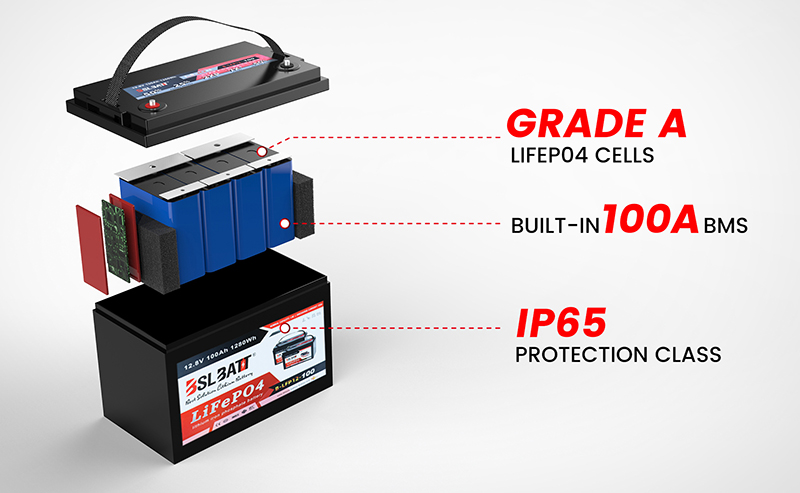
Don’t Charge A Damaged Battery
Attempting to charge a damaged Li-Ion battery can lead to further complications, including overheating, leakage, or even explosions. If a battery is visibly damaged or shows signs of malfunction, it should not be charged and should be properly disposed of following relevant regulations.
In the event that you possess an aged, inflated or impaired battery, it is imperative to note that charging it will only serve to intensify the likelihood of leaks, fire or explosion. As a component of your battery management strategy, it is recommended that you conduct a thorough inspection of your batteries prior to initiating the charging process.
Don’t Not Consider Fire and Heat Protection
A workplace fire is an extremely devastating event, regardless of the presence of hazardous materials on site. However, the inclusion of a stockpile of lithium-ion batteries significantly amplifies the level of risk involved.
Lithium-ion cells, being highly sensitive to extreme heat, can react in a dangerous manner when exposed to the radiant heat emitted by a workplace fire. Given that the safe temperature range for lithium-ion batteries typically falls between 5 and 20°C, the intense heat generated by a fire can result in catastrophic damage if it manages to penetrate the battery storage area.
Overheated batteries have the potential to initiate thermal runaway, a phenomenon that can rapidly spread throughout the entire battery storage facility. This escalation of thermal runaway only serves to compound the hazards associated with the workplace fire. The overheating and subsequent explosion of batteries further exacerbate the severity of the battery fire, which is notoriously challenging for firefighters to extinguish.
Don’t Ignore Battery Charge Time
Li-Ion batteries have specific charge time requirements. Overcharging beyond the recommended time can damage the battery and compromise its performance. Similarly, undercharging can lead to decreased capacity. It’s important to follow the manufacturer’s guidelines regarding charge times to maintain the battery’s health.
Creating A Safer Environment For Li-Ion Batteries
With the increasing utilization of Li-ion batteries in both residential and professional settings, it has become imperative to comprehend the methods by which one can minimize potential risks. As previously mentioned in this article, there are numerous measures that can be taken by your personnel to decrease the probability and severity of fire, explosion, and thermal runaway incidents. Nevertheless, one of the simplest approaches to mitigate the hazards associated with Li-ion batteries is to establish a cool, dry, and secure storage facility, such as a battery cabinet.
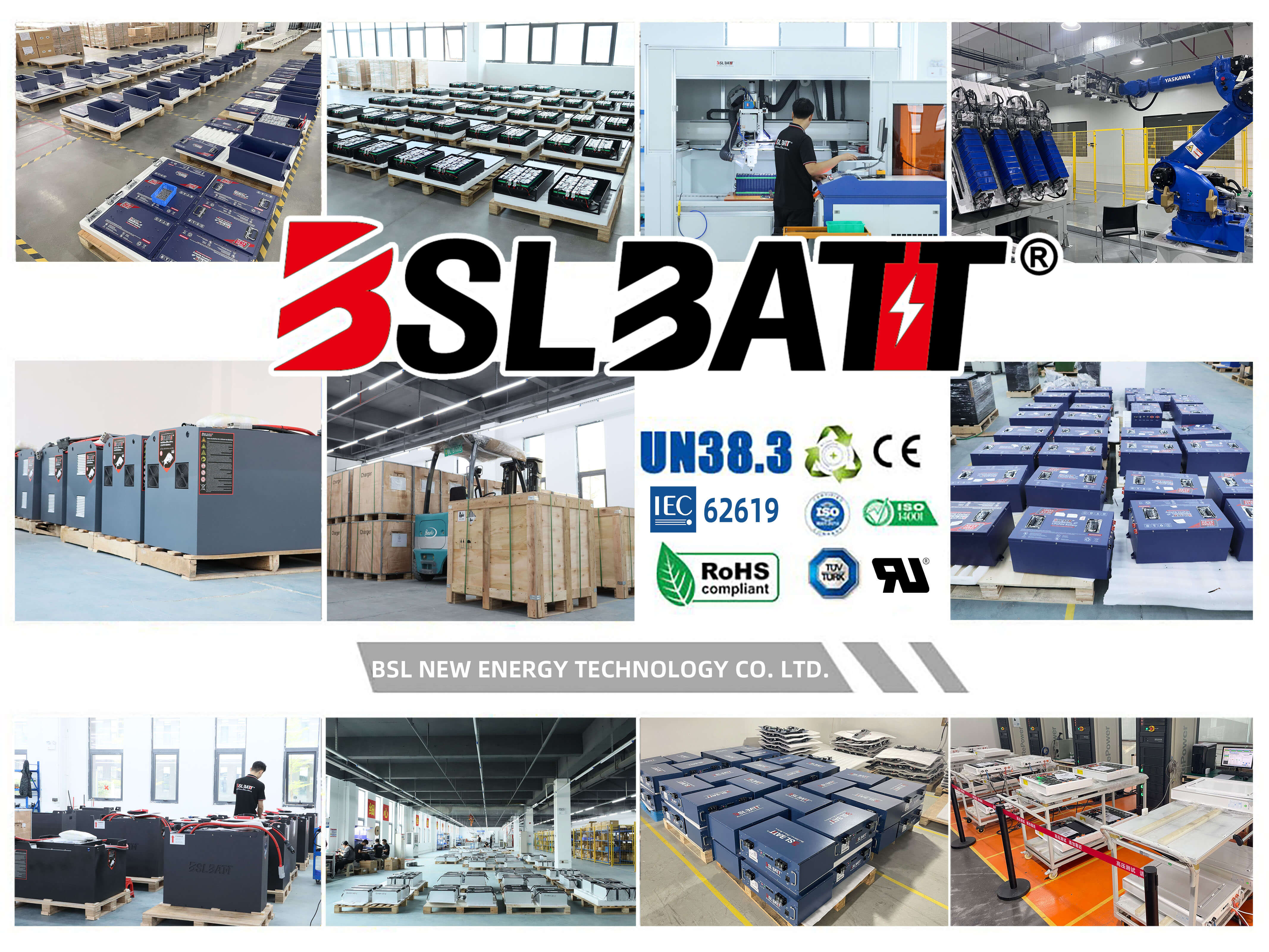
Final Thought
By adhering to these guidelines, you can ensure the safe and optimal use of Li-Ion batteries while maximizing their lifespan and performance. Always prioritize safety and consult the battery manufacturer’s recommendations for specific usage instructions. BSLBATT is a professional manufacturer of lithium iron phosphate golf cart batteries, providing high-quality, reliable and safe lithium batteries manufactured to the highest industry standards. Our batteries can power EZ Go, Club Car, Yamaha and other famous golf cart brands. In addition, BSLBATT offers a range of customization options, allowing customers to customize battery solutions to their specific needs.If you need help, please contact [email protected]
A Guide to Choosing the Best 48V Lithium Golf Cart Battery
Would it be worth investing in a 48V ...
10 Exciting Ways To Use Your 12V Lithium Batteries
Back in 2016 when BSLBATT first began designing what would become the first drop-in replacemen...
BSLBATT Battery Company Receives Bulk Orders from North American Customers
BSLBATT®, a China Forklift battery manufacturer specializing in the material handling indust...
Fun Find Friday: BSLBATT Battery is coming to another great LogiMAT 2022
MEET US! VETTER’S EXHIBITION YEAR 2022! LogiMAT in Stuttgart: SMART – SUSTAINABLE – SAF...
Looking for new Distributors and Dealers for BSL Lithium Batteries
BSLBATT battery is a fast-paced, high-growth (200% YoY ) hi-tech company that is leading the a...
BSLBATT to Participate at MODEX 2022 on March 28-31 in Atlanta, GA
BSLBATT is one of the largest developers, manufacturers, and integrators of lithium-ion batter...
What makes the BSLBATT the Superior Lithium Battery for your Motive Power needs?
Electric forklift and Floor Cleaning Machines owners who seek the ultimate performance will fi...








